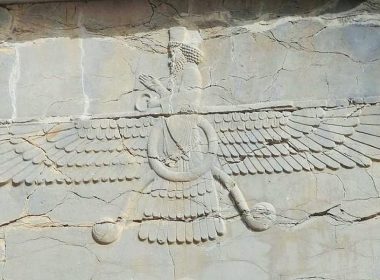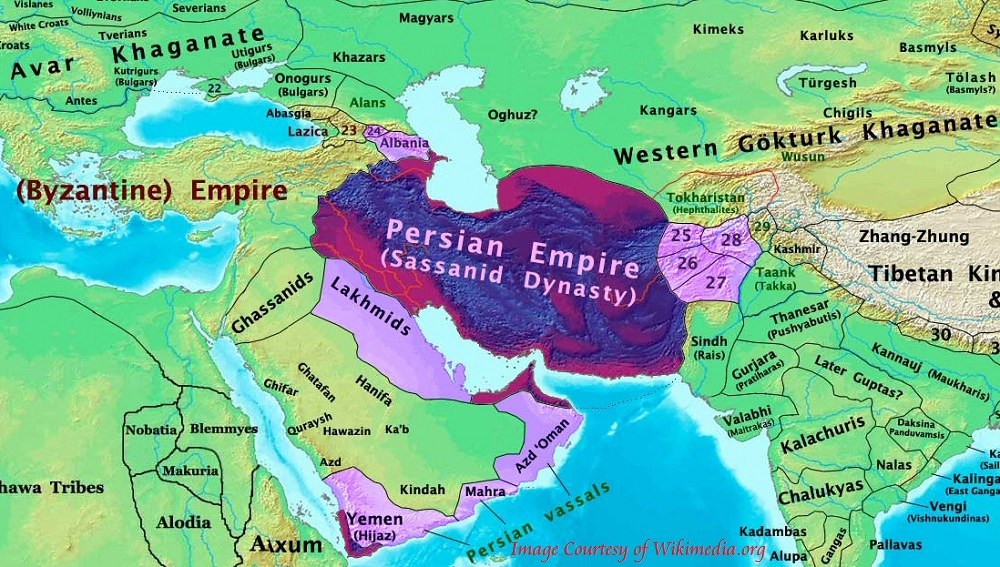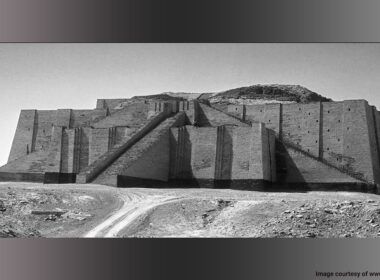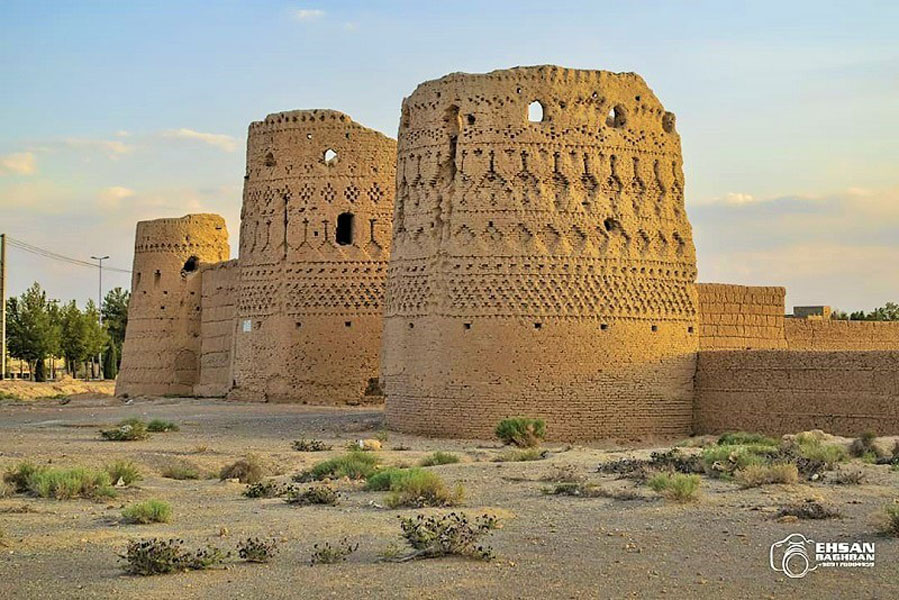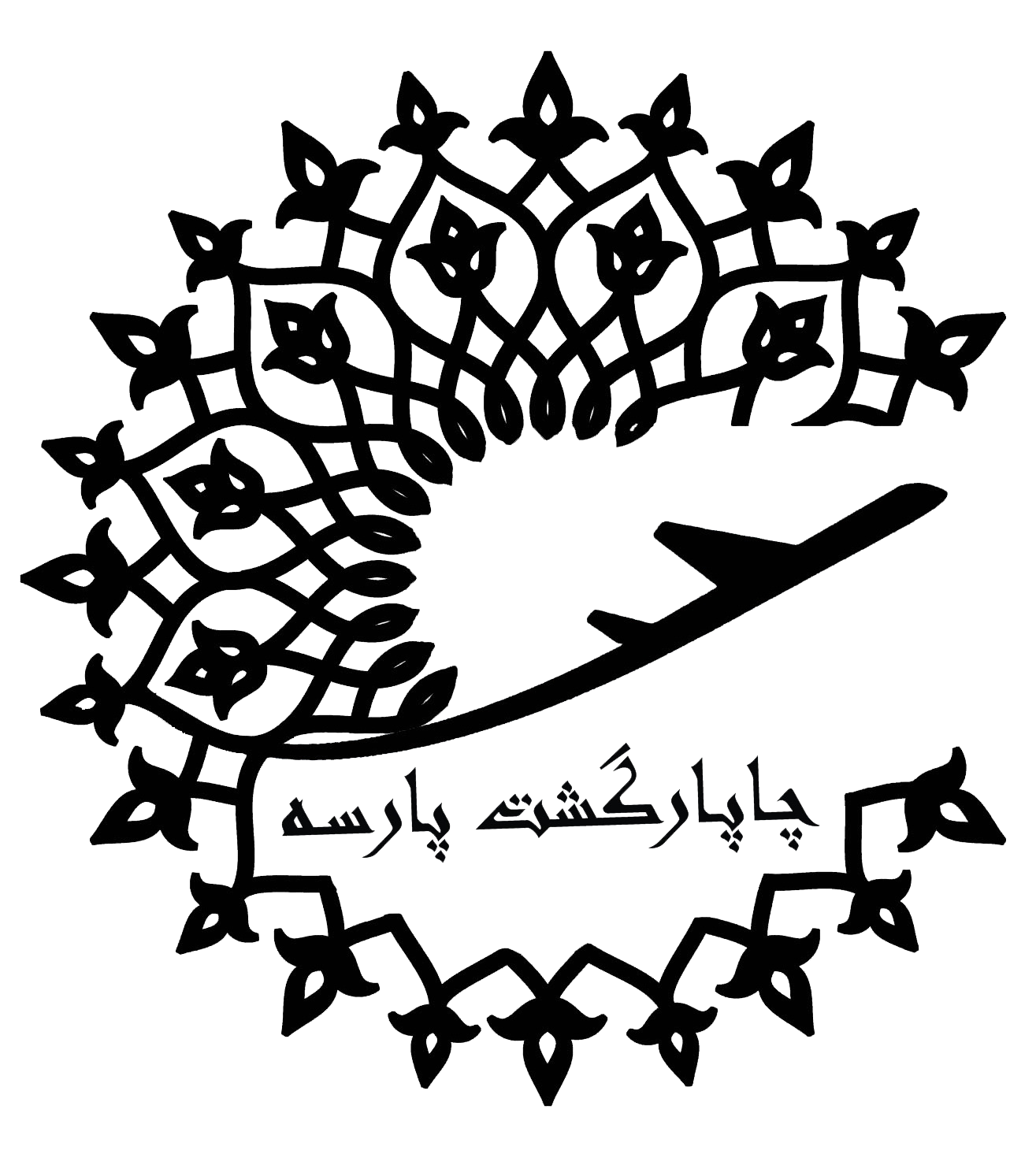
According to “Destination Iran” and following the “Otaghak” website, a tourism author is expected to master several realms of this industry and the related fields. Such knowledge and familiarity with other channels of marketing can enhance their qualification for this career.
A tourism writer is responsible for creating written content, such as articles, reviews, and guides, that promote and inform readers about tourist destinations, attractions, accommodations, and activities. Their role involves researching and writing about various aspects of the travel industry, including travel trends, cultural experiences, and destination-specific information, with the aim of enticing and engaging readers to plan their own travels. Tourism authors may work for a variety of outlets, including travel websites, magazines, newspapers, or tour operators.
Writing Qualifications
Strong Writing Skills
Strong writing skills refer to a set of abilities that enable a writer to effectively communicate their message in a clear, engaging, and professional manner. These skills are essential for a tourism author, as they need to produce content that attracts and inspires readers to visit different destinations.
One of the most important components of strong writing skills is the ability to organize ideas effectively. This involves creating a logical flow of information that is easy to follow and understand. Writers must also use proper grammar, spelling, and punctuation, as errors can detract from the quality and credibility of their work.
Another critical component of strong writing skills is the ability to create descriptive and engaging content. This involves using vivid language, sensory details, and other literary techniques to paint a picture of a destination and make it come alive for the reader. Tourism writers should also be able to write in different styles, depending on the audience and purpose of the content.
In addition to the above skills, strong writing skills also require an ability to research effectively, as writers must be able to gather and analyze information from a variety of sources to create accurate and informative content. Finally, the ability to edit and revise one’s work is crucial for ensuring that the final product is polished and error-free.
Ability to Write Engaging and Descriptive Content
The ability to write engaging and descriptive content is a critical component of strong writing skills, especially for a tourism author whose job involves creating content that inspires readers to visit different destinations. Engaging content captures the reader’s attention and motivates them to keep reading, while descriptive content creates a vivid image of a destination and immerses the reader in the experience.
To write engaging content, the writer must use a variety of literary techniques such as metaphors, similes, alliteration, and vivid sensory descriptions. These techniques help create an emotional connection with the reader and make the content more memorable. Additionally, the writer must have a deep understanding of their audience’s interests and preferences, so that they can create content that resonates with them.

For writing descriptive content, the writer must use sensory details, such as sights, sounds, smells, tastes, and textures to create a vivid picture of the destination. The writer should also pay attention to the cultural nuances and historical background of the location, as this can help to create a deeper and more meaningful experience for the reader. Moreover, the writer must be able to strike a balance between providing enough information to inform the reader while still leaving room for their imagination.
Understanding of Different Writing Styles and Techniques
An understanding of different writing styles and techniques is an important aspect of strong writing skills. A tourism writer must be able to write in various styles to cater to different audiences and purposes of the content. Understanding different writing styles and techniques helps a writer to adapt their writing to suit the context of the content.
Some of the different writing styles that a tourism author should be familiar with include descriptive writing, narrative writing, persuasive writing, and informative writing. Each of these styles has a specific purpose and requires different techniques to effectively communicate the message.
Descriptive writing is used to create vivid imagery of a destination, while narrative writing is used to tell a story about a travel experience. Persuasive writing is used to convince the reader to visit a destination, while informative writing is used to provide factual information about a location.
Attention to Detail
Attention to detail is an important skill for a tourism author, as it ensures that the content is accurate, credible, and free of errors. A writer must pay close attention to the small details such as spelling, grammar, and punctuation, as well as larger details such as cultural nuances, historical background, and accuracy of information.

Attention to detail also involves verifying the information obtained from different sources and ensuring that it is reliable and up-to-date. The writer must be meticulous in their research, fact-checking, and editing to ensure that the content is accurate and credible.
By paying close attention to detail, a tourism writer can produce high-quality content that meets the needs of their audience and reflects positively on their work. It can also help to build the writer’s credibility and reputation as a trusted source of information in the travel industry.
Tourism Qualifications
Extensive Travel Experience
Having extensive travel experience is a valuable asset for a tourism author. It provides the writer with firsthand knowledge of different destinations, cultures, and experiences, which can help them to create more authentic and engaging content. By having traveled to various destinations, the writer can offer a unique perspective and share personal experiences that resonate with the audience.
Moreover, travel experience can help the writer to understand the needs and interests of different types of travelers, allowing them to tailor their content to different audiences. It also enables the writer to identify popular tourist attractions, hidden gems, and off-the-beaten-path destinations, which can add depth and variety to the content.
Travel experience also helps the writer to establish relationships with locals, other travelers, and travel industry professionals.. These connections can provide valuable insights and resources for the writer and help to enhance the credibility and authenticity of their content.
Knowledge of different cultures, customs, and languages
A tourism author who has knowledge of different cultures, customs, and languages has an advantage over those who do not. This knowledge allows the writer to create content that is sensitive to cultural differences and respectful of local customs. It also enables the writer to communicate with locals and provide a more immersive and authentic experience for the reader.
Having knowledge of different languages is especially beneficial as it allows the writer to communicate more effectively with locals and better understand their perspective. It can also help the writer to research and gather information more efficiently.
Furthermore, understanding different cultures and customs can help the writer to create content that resonates with their target audience. It allows them to highlight unique aspects of different cultures and destinations, making the content more interesting and engaging.
Understanding of Tourism Industry Trends
An understanding of tourism industry trends is an important qualification for a tourism author. It helps them to stay up-to-date with the latest developments in the industry, such as new destinations, emerging markets, and changing consumer preferences. This knowledge enables the writer to create content that is relevant, timely, and informative.
By understanding tourism industry trends, the writer can identify new opportunities for content creation and tailor their content to meet the needs of different types of travelers. It also helps the writer to stay ahead of the competition and remain a valuable source of information and inspiration for travelers.
Furthermore, understanding tourism industry trends can help the writer to identify potential challenges and opportunities for the industry. This knowledge can be used to provide insights and recommendations to travel industry professionals and stakeholders, further enhancing the writer’s credibility and reputation.
Familiarity with Popular Tourist Destinations
Familiarity with popular tourist destinations is an important qualification for a tourism author. It enables the writer to provide readers with accurate and engaging information about these destinations, including the best places to visit, things to do, and local customs and culture.
By being familiar with popular tourist destinations, the writer can also identify unique angles and perspectives to cover, making their content more interesting and informative. They can also provide recommendations on lesser-known attractions and activities, helping readers to explore these destinations more deeply and have a more authentic travel experience.
Marketing Qualifications
Understanding of Marketing and Advertising Principles
A tourism author who understands marketing and advertising principles can create content that is designed to attract and engage their target audience. This includes understanding the importance of target audience demographics, effective branding, and messaging. By understanding marketing and advertising principles, the writer can create content that not only informs but also motivates the reader to take action.

Ability to Craft Compelling Headlines and Calls to Action
Compelling headlines and calls to action are essential to capturing the reader’s attention and motivating them to read on or take the desired action. A tourism writer with the ability to craft compelling headlines and calls to action can create content that stands out and captures the reader’s interest.
Familiarity with Social Media and Content Marketing Strategies
Social media and content marketing strategies are essential to promoting tourism content and engaging with the target audience. A tourism author who is familiar with these strategies can create content that is optimized for social media sharing and engagement. This includes understanding the best practices for using different social media platforms and creating content that is tailored to the target audience’s interests and preferences.
Education and Training
Relevant Degrees in Writing, Tourism, or Marketing
A relevant degree in writing, tourism, or marketing demonstrates a deep understanding of the industry and the skills required to succeed. It provides the writer with a solid foundation in writing, research, and critical thinking, as well as a comprehensive understanding of the tourism industry and its trends.
Completion of Writing or Journalism Courses
Completion of writing or journalism courses indicates the writer’s commitment to improving their craft and staying up-to-date with the latest writing techniques and trends. These courses can provide the writer with additional skills and insights that are essential to producing high-quality content.
Participation in Tourism Industry Events or Conferences
Participation in tourism industry events or conferences allows the writer to network with industry professionals, gain insights into the latest trends and developments, and stay up-to-date with the latest innovations and best practices. It can also provide the writer with opportunities to showcase their skills and knowledge.
Ongoing Training in Writing, Tourism, or Marketing
Ongoing training in writing, tourism, or marketing demonstrates the writer’s commitment to continuously improving their skills and knowledge. It can include attending conferences, workshops, or webinars, as well as participating in online courses or reading industry publications. Ongoing training ensures that the writer remains up-to-date with the latest trends and developments and can produce content that meets the needs and interests of their target audience.
Last but not Least
Having the right qualifications is critical for a tourism author to produce high-quality, informative, and engaging content that meets the needs and interests of their target audience. This includes strong writing skills, the ability to write engaging and descriptive content, understanding of different writing styles and techniques, attention to detail, extensive travel experience, knowledge of different cultures, customs, and languages, understanding of tourism industry trends, familiarity with popular tourist destinations, and an understanding of marketing and advertising principles. Having these qualifications enables the writer to create content that not only informs but also motivates the reader to take action, ultimately contributing to the success of the tourism industry.
However, qualifications alone are not enough. It is equally important to continually develop and improve one’s skills and knowledge to stay up-to-date with the latest trends and best practices. This can be achieved through ongoing training, participation in industry events and conferences, completion of writing or journalism courses, and staying current with social media and content marketing strategies. Continually developing and improving skills and knowledge ensures that the writer remains relevant and competitive in a constantly evolving industry, and produces content that resonates with their target audience.


